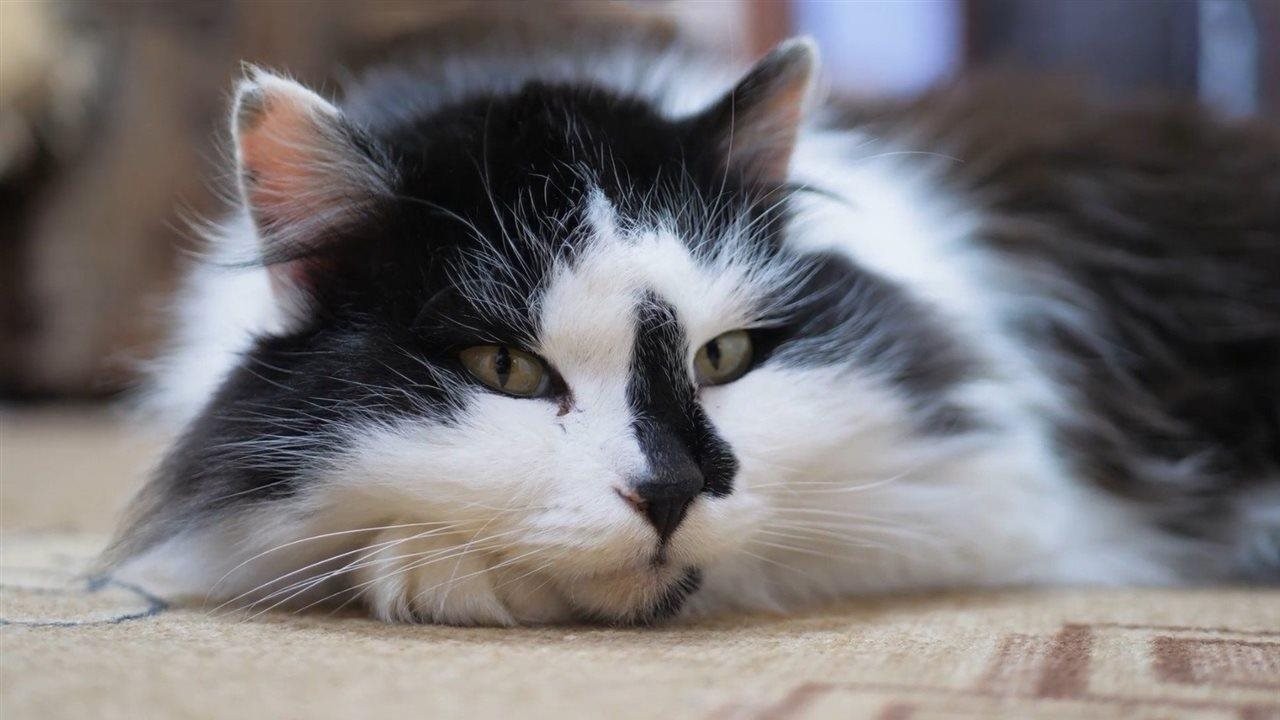(BPT) – Approximately 600 thousand cats in the U.S. will be diagnosed with diabetes in their lifetime. A simple way to remember the signs of feline diabetes is to think MEOW:
More drinking and urinating
Excessive appetite
Overweight, but sudden
Weight loss
If you see any of these signs in your cat, talk to your veterinarian. Research shows 125 thousand diabetic cats go untreated, partially due to the challenges around traditional treatments, which require frequent dosing changes.
There is a different solution – making pet health history – that we hope will help make treating diabetes simpler for our feline companions. Bexacat – or bexagliflozin tablets – is the first and only oral prescription medication tablet treating cat diabetes in an easy, needle-free way. By providing an oral tablet, Bexacat seeks to improve convenience and increase compliance rates. Bexacat can improve quality of life and help owners feel more comfortable with daily treatment.
Important Safety Information:
Before using this product, it is important to read the entire product insert, including the boxed warning. See package insert for full prescribing information.
Cats treated with Bexacat may be at an increased risk of diabetic ketoacidosis or euglycemic diabetic ketoacidosis, both of which may result in death. Development of these conditions should be treated promptly, including insulin administration and discontinuation of Bexacat. Do not use Bexacat in cats with diabetes mellitus who have previously been treated with insulin, who are receiving insulin, or in cats with insulin-dependent diabetes mellitus. The use of Bexacat in cats with insulin-dependent diabetes mellitus, or the withdrawal of insulin and initiation of Bexacat, is associated with an increased risk of diabetic ketoacidosis or euglycemic diabetic ketoacidosis and death. Sudden onset of hyporexia/anorexia, lethargy, dehydration, diarrhea that is unresponsive to conventional therapy, or weight loss in cats receiving Bexacat should prompt immediate discontinuation of Bexacat and assessment for diabetic ketoacidosis, regardless of blood glucose level. Bexacat should not be initiated in cats with pancreatitis, anorexia, dehydration, or lethargy at the time of diagnosis of diabetes mellitus, as it may indicate the presence of other concurrent disease and increase the risk of diabetic ketoacidosis. Due to risk of severe adverse reactions, do not use Bexacat in cats with evidence of hepatic disease or reduced renal function. Consult a physician in case of accidental ingestion by humans.
Bexacat is a trademark of Elanco or its affiliates. ©2023 Elanco or its affiliates. PM-US-23-1367(2)

